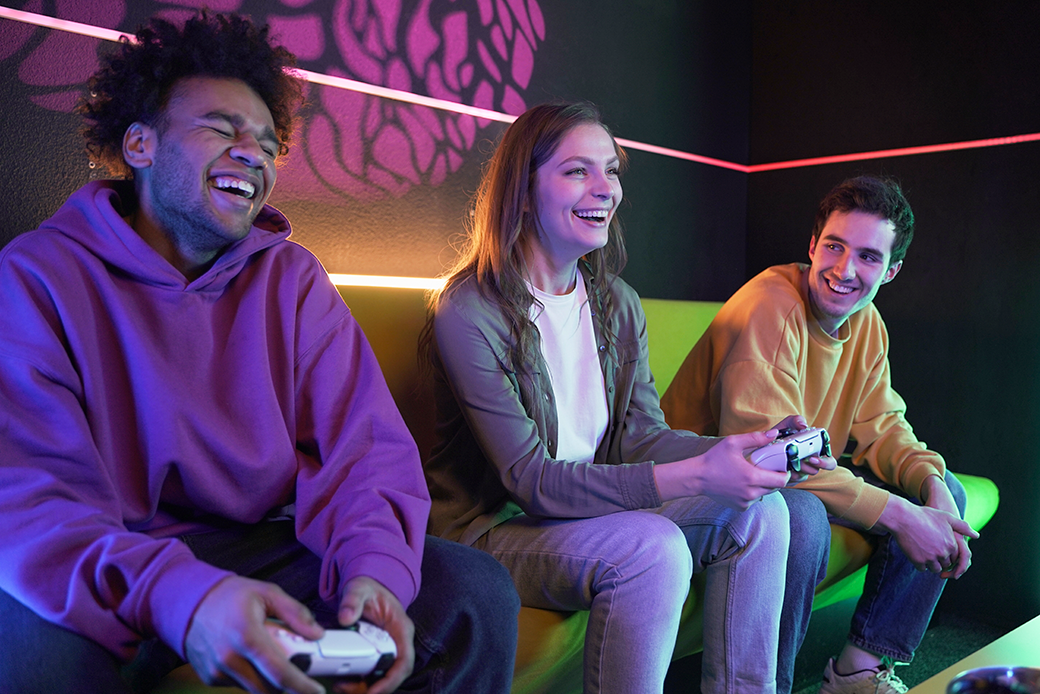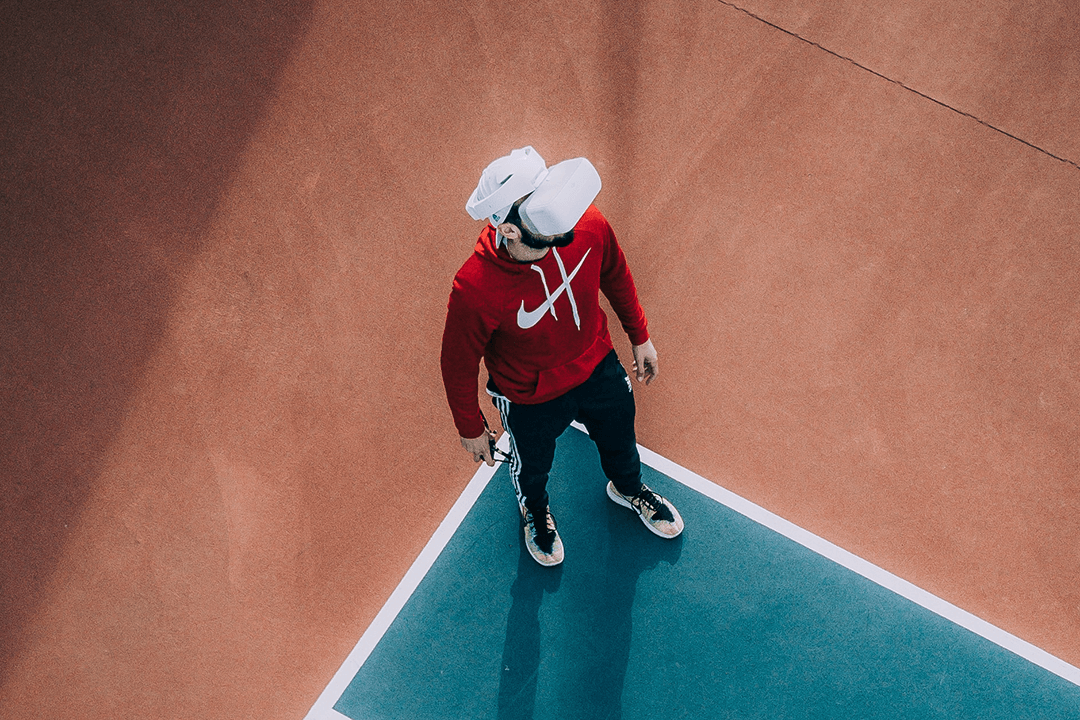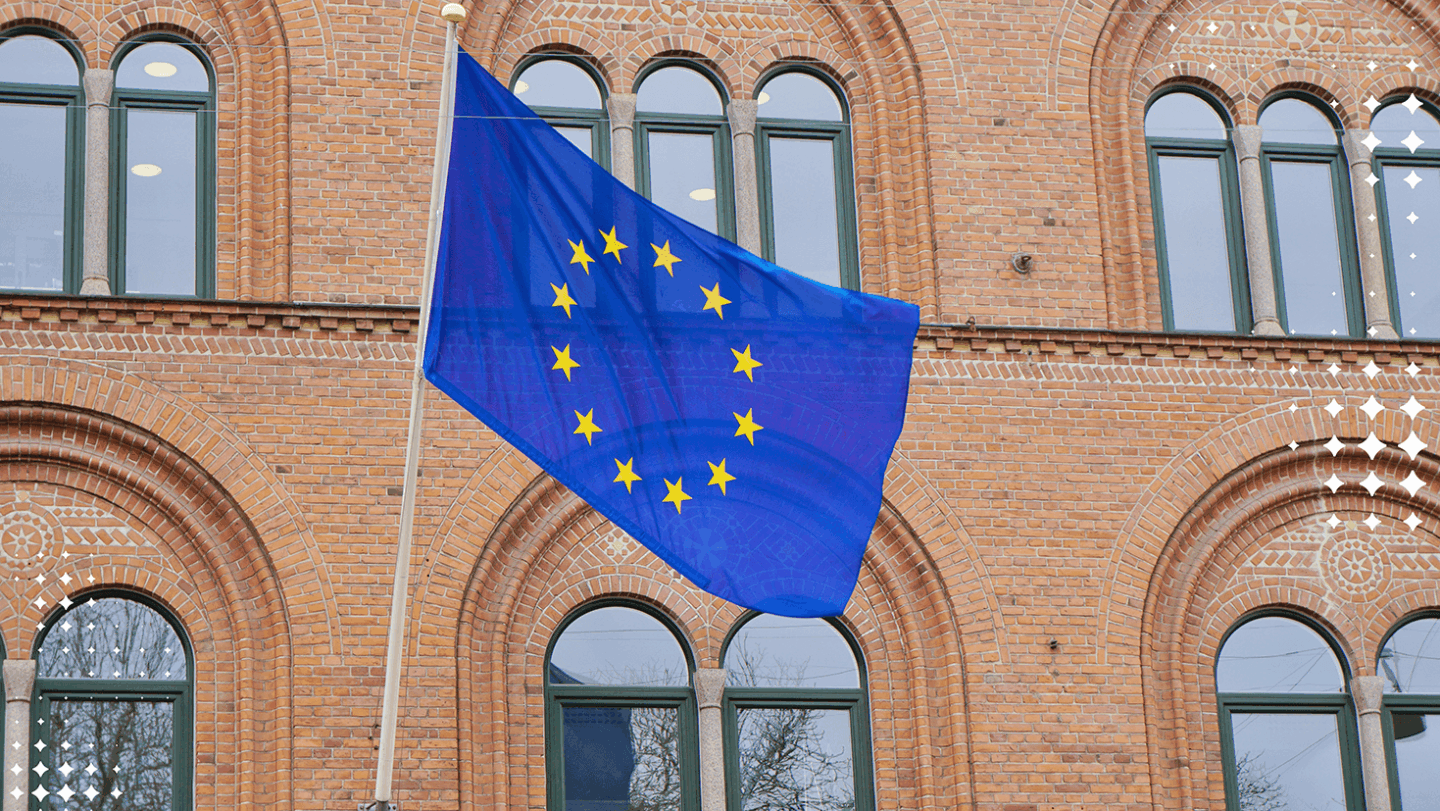From Pixels to Trade marks: How to protect IP in the gaming world
- IP & Trademarks

Brand protection in the Metaverse is a crucial consideration for companies who want to maintain the integrity of their brands and intellectual property. Online gaming has been at the forefront of brand usage in the Metaverse and it presents both opportunities and challenges for brand owners.
As the Metaverse is expanding day by day, securing intellectual property rights here becomes as complicated as it is important. It involves registering trade marks and copyrights for virtual assets, characters, or logos that represent the brand in virtual environments.
Trademarks in games – leading the development in the new space
Gaming has transcended its niche origins and become a mainstream phenomenon. It's no longer limited to the stereotypical image of a 16-year-old guy playing games online. As the audience for gaming expands and diversifies, we witness the emergence of new genres and experiences. Consequently, brands must now recognize and navigate the potential risks and opportunities associated with intellectual properties in the metaverse.
Companies nowadays know the worth of establishing a virtual presence in digital worlds, since it allows them to engage with a younger audience.
With the use of free-to-play games with internal microtransactions, by which users can buy clothes and accessories for avatars, as well as tools integrated into the game, new possibilities and challenges emerge.
For example, brands like Nike® or Vans® has been offering so called skins or looks in the videogame Roblox®. Also, more up-scale brands such as Balenciaga® offer this in the online game Fortnite®.

The importance of cross-platform protection
One important aspect in the gaming industry is cross-platform trade mark protection. Players now transition seamlessly between various devices and platforms, and virtual goods and avatars transcend boundaries, it is of utmost importance to establish a robust framework for consistent brand recognition and protection.
Ensuring a consistent brand recognition and protection becomes crucial. This is often overlooked when it comes to downloadable content, which should be seen as a protectable asset. When applying for trade mark protection for downloadable goods, the application should cover a range of devices. That way your trade mark is protected both for a game operated on, for example, a PC and a mobile app.
Why global protection is vital
Since the automated processes to monitor trade mark infringement inside online games is still under development, it is vital to still protect what’s yours by getting a proper protection. By applying for a global class, rather than just your local country, or at least within the whole of EU, is one way of working proactively. With a trade mark registered in the correct way, you’ll be able to claim your right, which is a small cost, compared to a future legal process.

What about trade mark licenses?
The skins and looks in games like Fortnite® and Roblox® do not expire. Players “own” them, if they continue to participate with new iterations with the game. One could argue that ownership of such property, which is conditioned on participation through continuous license fees, seems actually more like a license than a true transfer of an item as in the real world.
Brand owners and licensees should review and update existing trade mark license agreements to address new issues arising in the metaverse/gaming environments.
To stay ahead of the curve, brand owners and licensees should remain vigilant in monitoring the dynamic landscape of statutes, case law, and trade mark office practices. This continuous awareness will enable them to promptly adapt and align their license agreements with any changes that occur, ensuring legal compliance and effective protection of their brand assets in the metaverse.
Monitor in an active and forward-thinking way
To make the matter a bit more complicated, the monitor services are still working on finding an automated way to monitor infringement within a game. Monitoring trade mark use and addressing jurisdictional considerations are vital in establishing and defending trade mark rights. Companies need to be proactive and with knowledge of how users engage with brands is key. Although, to discover an “in-game infringement” is often hard and demands you to be curious and active in platforms where you wouldn’t usually attend.
Pro tips from the legal expert
When it comes to virtual goods, they are typically categorized differently from their physical counterparts. For instance, if a sneaker brand already has trade mark registrations for shoes and clothes in the real world, and they want to protect their virtual versions as well, they are required to file them under a different category. Currently, this means filing for virtual fashion items under Class 9 instead of the usual Class 25.
Trademark classes to keep in mind
- Downloadable virtual goods, namely computer programs: Class 9
- Retail store services featuring virtual goods: Class 35
- Entertainment services, including games: Class 41
- Online, non-downloadable virtual goods and NFTs: Class 42
Contractual Arrangements and Terms of Use
- Clear and enforceable contractual arrangements are essential in the gaming sectors as users engage with virtual platforms and interact with virtual goods and services.
- Carefully reviewing and understanding platform terms of use helps brand owners protect their IP rights and mitigate legal risks.
Related read
Curious about how we can protect your trade mark?
Are you interested in protecting your trade mark? Contact our lawyers and experts today and start your journey towards a strong trade mark!


